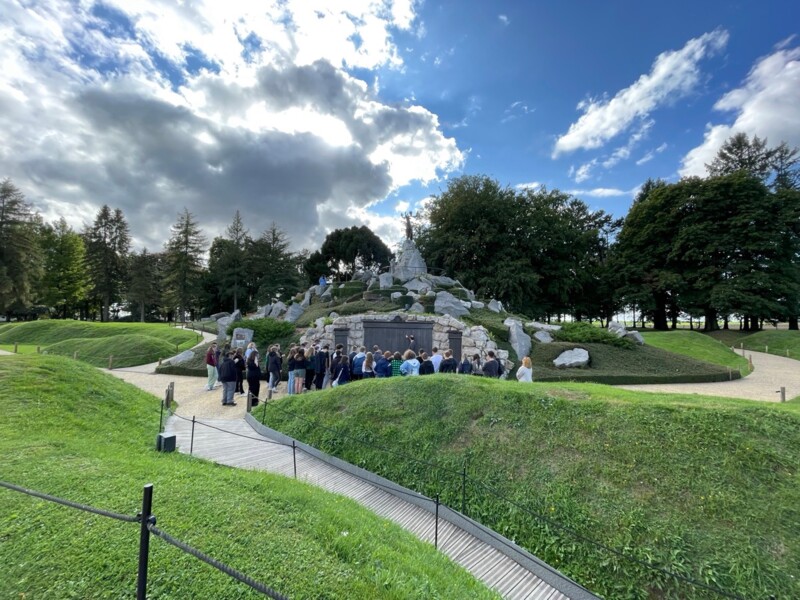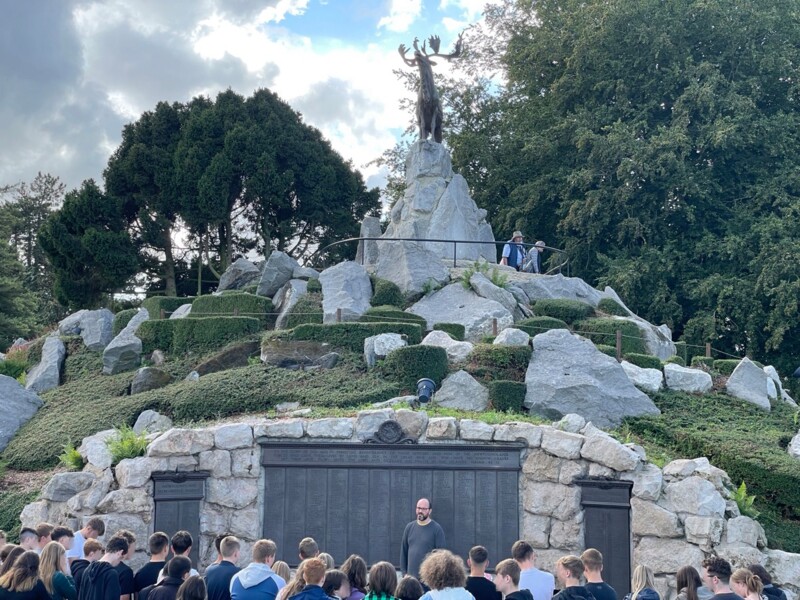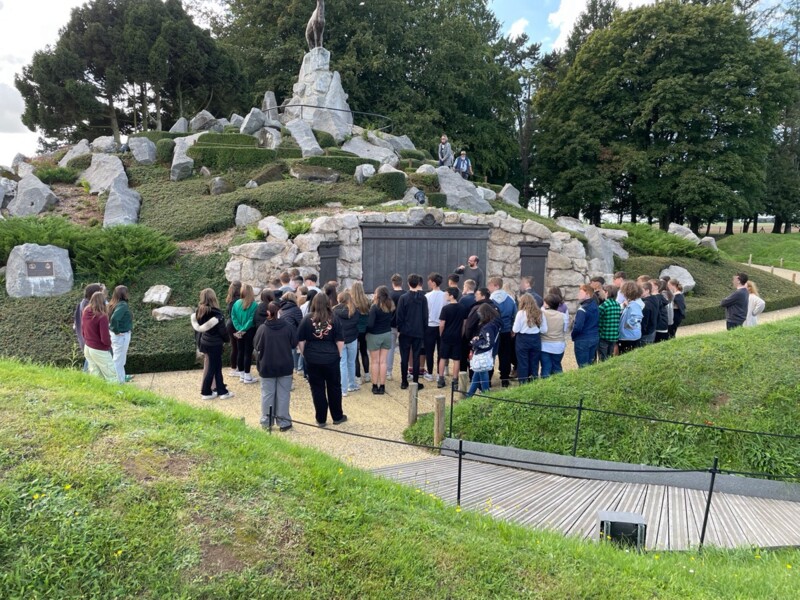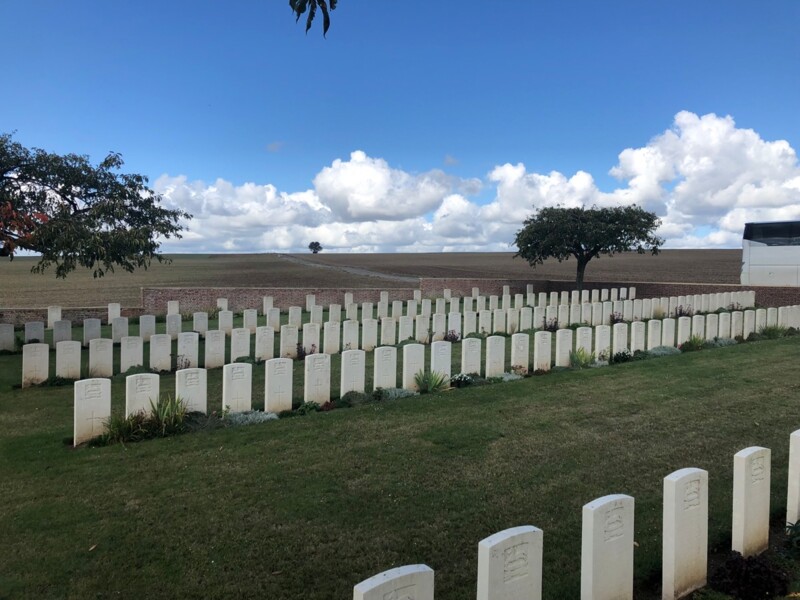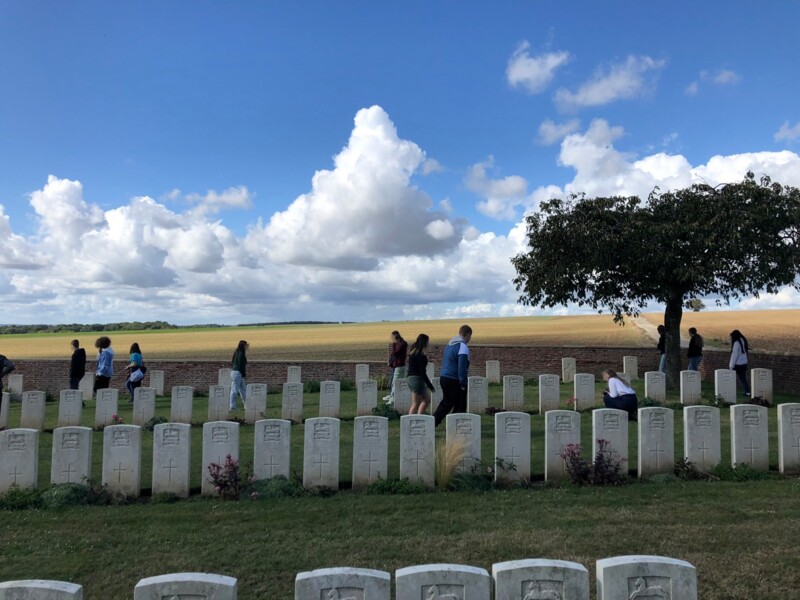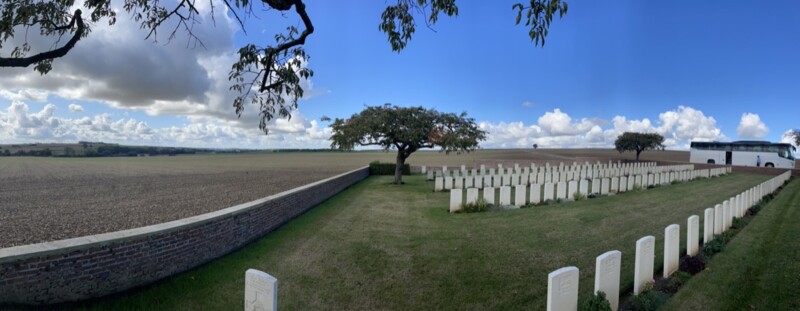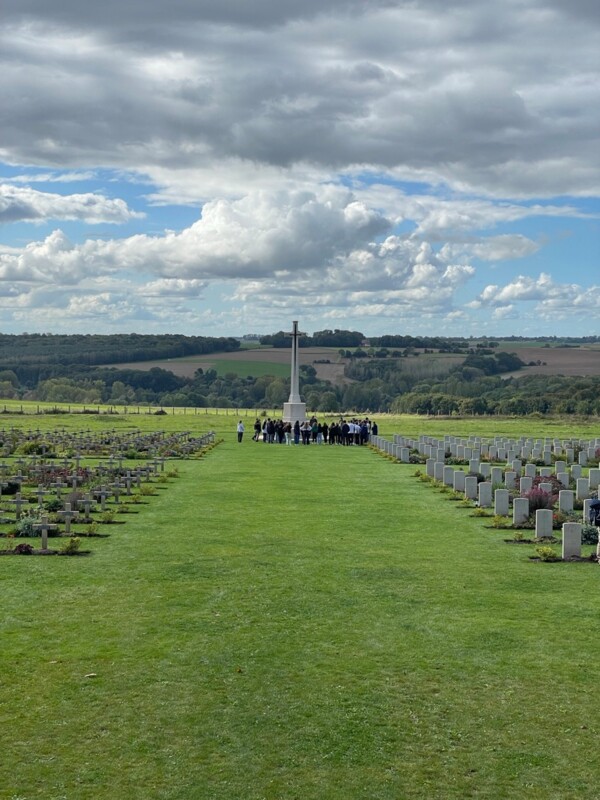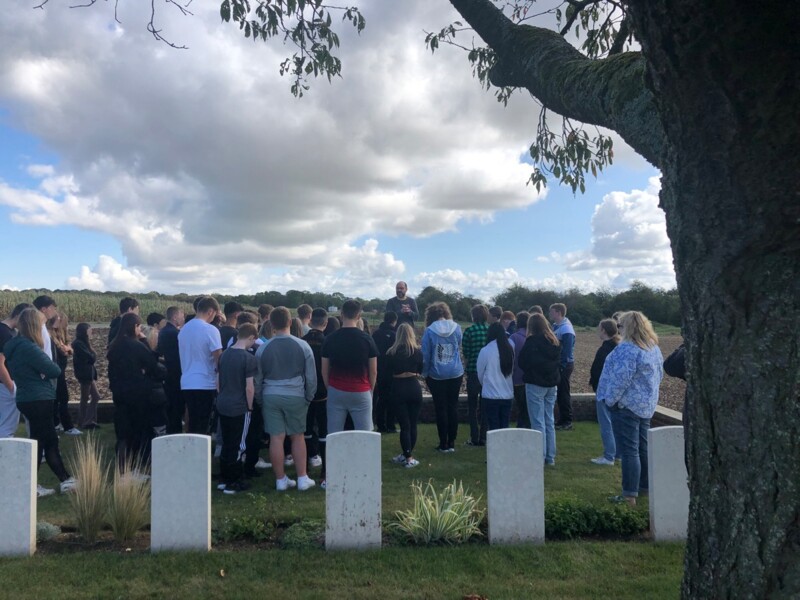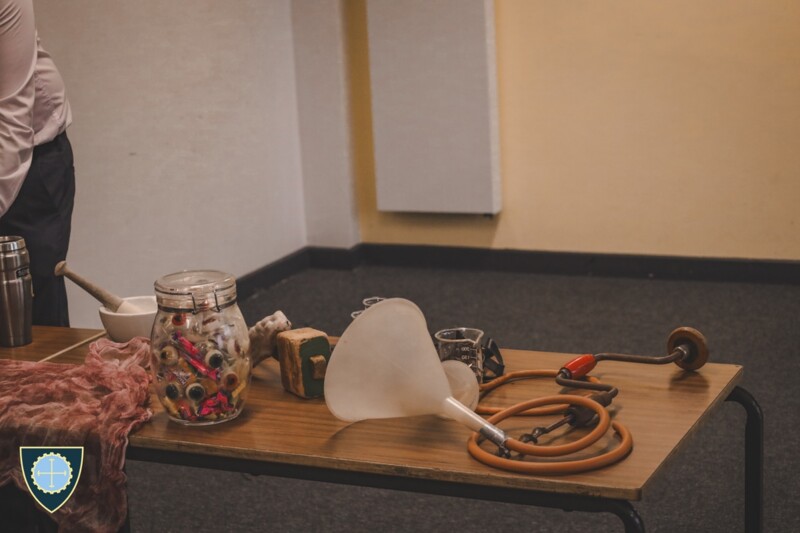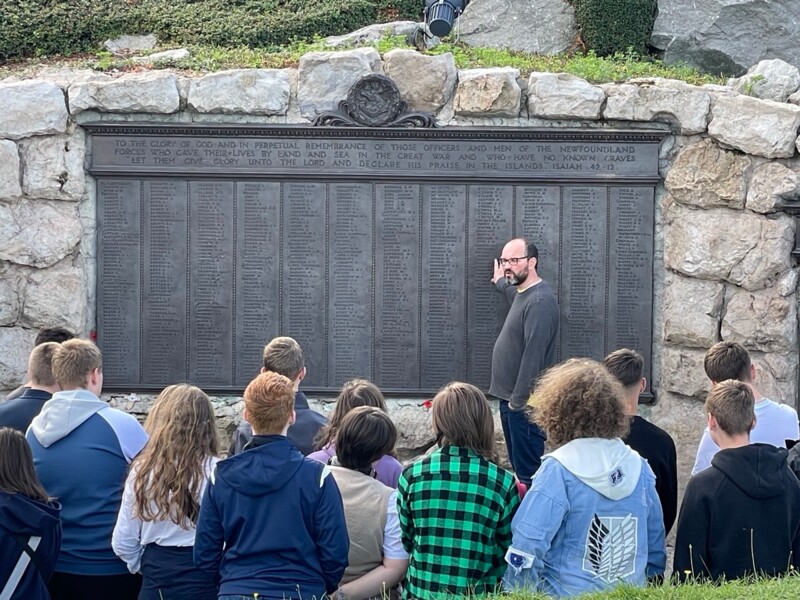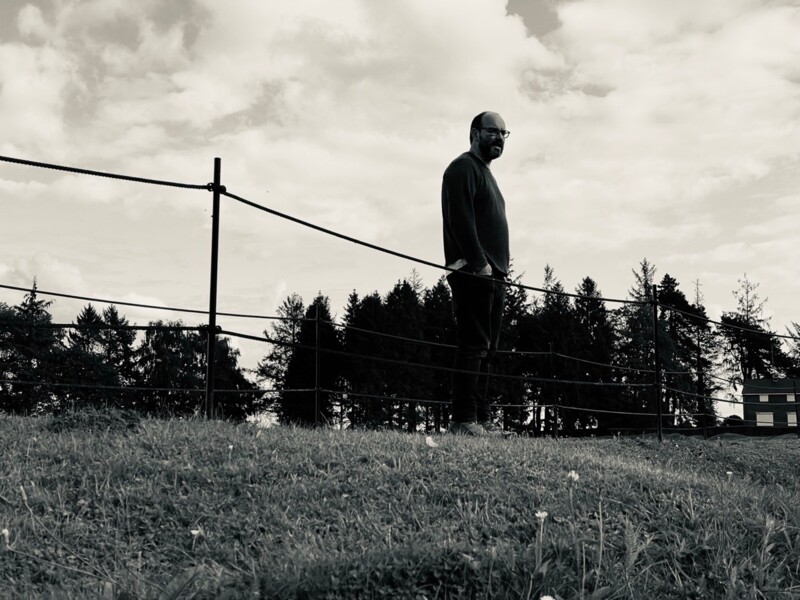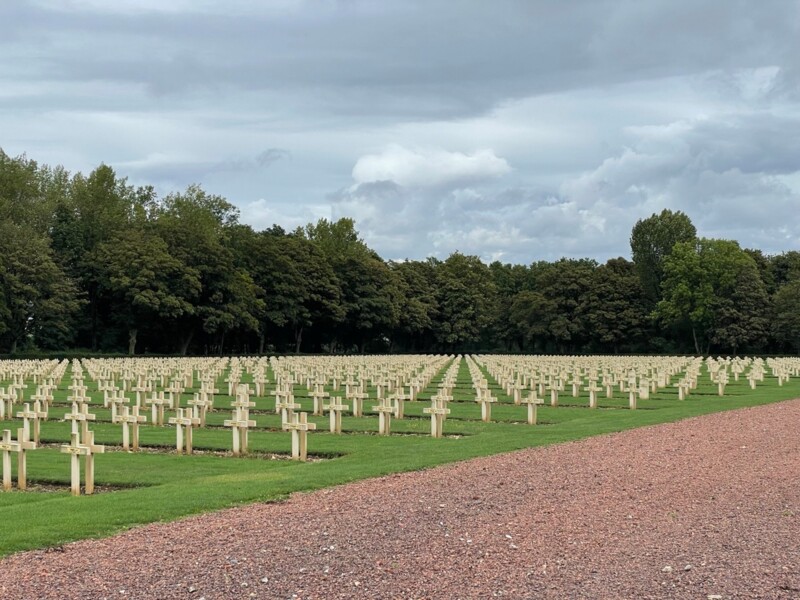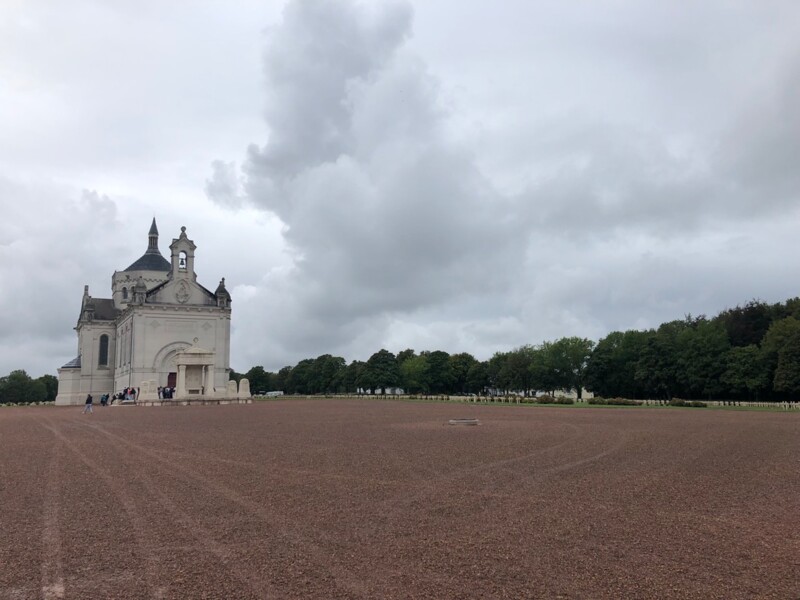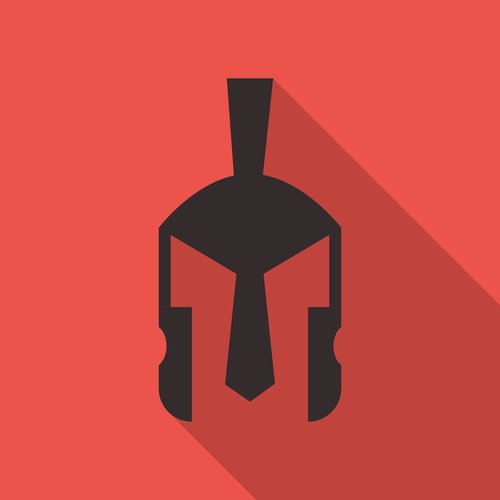
GCSE History
To access subtitles on this video, click the settings cog in the bottom right. From there, click into subtitles and select 'English (Auto)'.
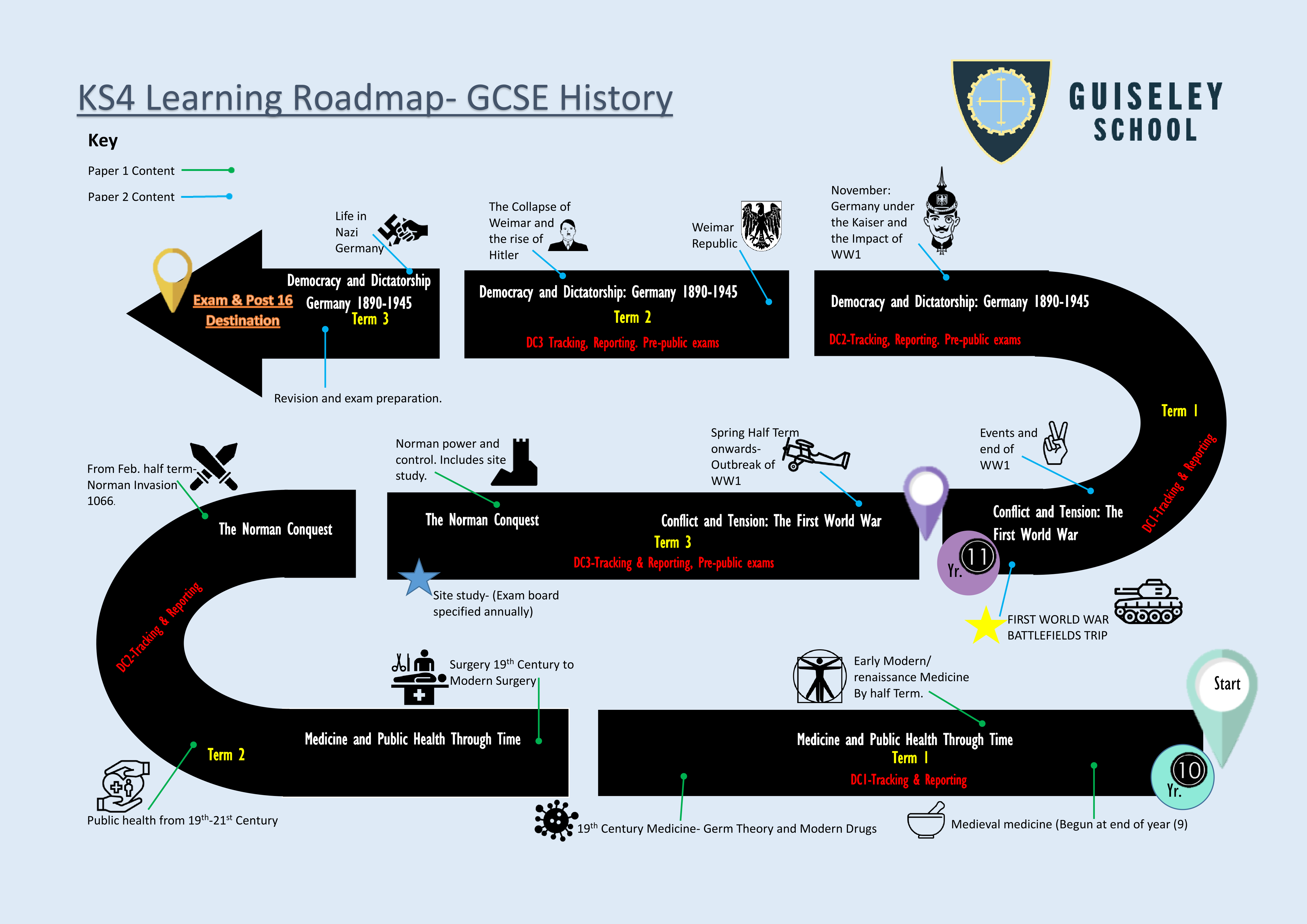
The AQA GCSE History course helps students develop key skills in analysis, research, and critical thinking. By studying topics like Health and the People and the Norman Conquest, students learn to assess historical change and its impact. The study of The First World War and Germany 1895-1940 sharpens skills in evaluating causes and consequences, analysing key events, and making connections across time periods. These skills are essential for building strong argumentation, problem-solving, and communication, valuable for future academic and career success.
The students are following the AQA GCSE History course and are assessed on four units as follows:
Year 10:
Britain: Health and the people from 1000 to the present day. (Sept to Feb half-term)
Looks at how medicine and the ability of society to respond to public health has developed since Medieval times.
Students investigate at how a range of factors have created change in four key time periods - Medieval, Early Modern, Industrial and Modern.
The Norman Conquest- 1066-1100. (Feb half-term to summer)
Considers how the Norman conquest changed England.
Students investigate key developments in the Norman conquest of Britain - E.g. Castles, Feudalism, Religion.
Year 11:
Conflict and tension- The First World War 1894-1918 (Summer- Xmas)
Students investigate at key causes of the war, including imperialism, nationalism and the European arms race, as well as the Moroccan Crisis and Balkans crisis in detail.
They will then study at the key battles and events of the First world war.
Germany 1895-1900: Democracy and Dictatorship: (Xmas to May)
Looks at Germany from the Kaiser and experience of the First World War, through the Weimar republic and the Rise of Hitler.
Assessment in Y11:
Final Exam Papers:
There are two papers, both taken in May/ June of Year 11:
Paper One- Germany and First World War.
Paper Two- Medicine and Normans
There is no coursework element to GCSE History.
PPEs - Two sets of exam practice.
First PPE - Oct/Nov: Medicine and Normans (Paper Two)
Second PPE - Feb: First World War and Normans (Paper One)
Revision materials:
Comprehensive materials including downloadable revision guides, revision questions, knowledge organisers etc are on the Year 11 teams pages and the VLE to access.
BBC Bitesize also has useful revision materials.
We can recommend the CPG revision guides for the AQA units being studied and hope to be able to offer these at a reduced price shortly. The Oxford AQA revision guides for the units being studied are also good should you prefer.
